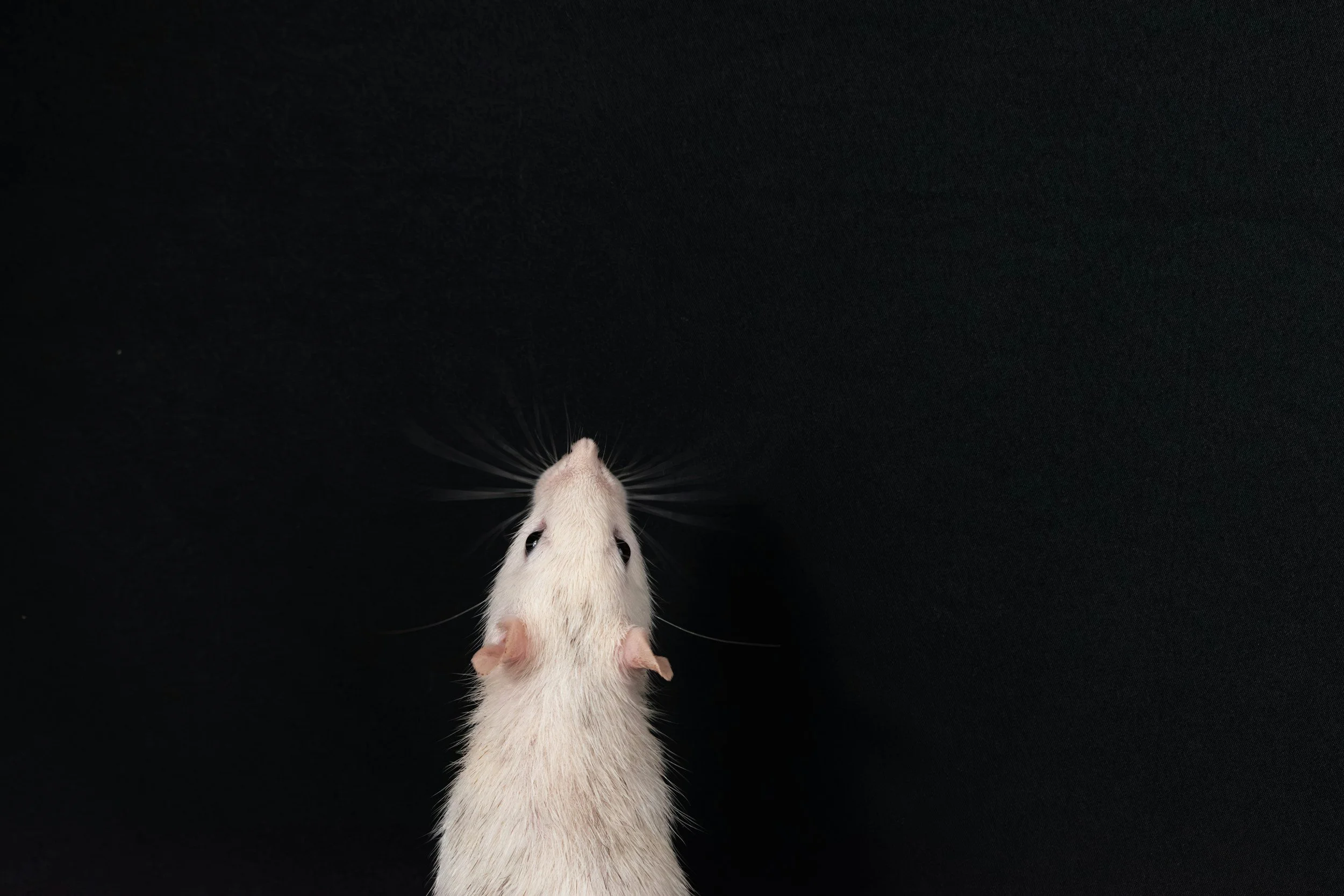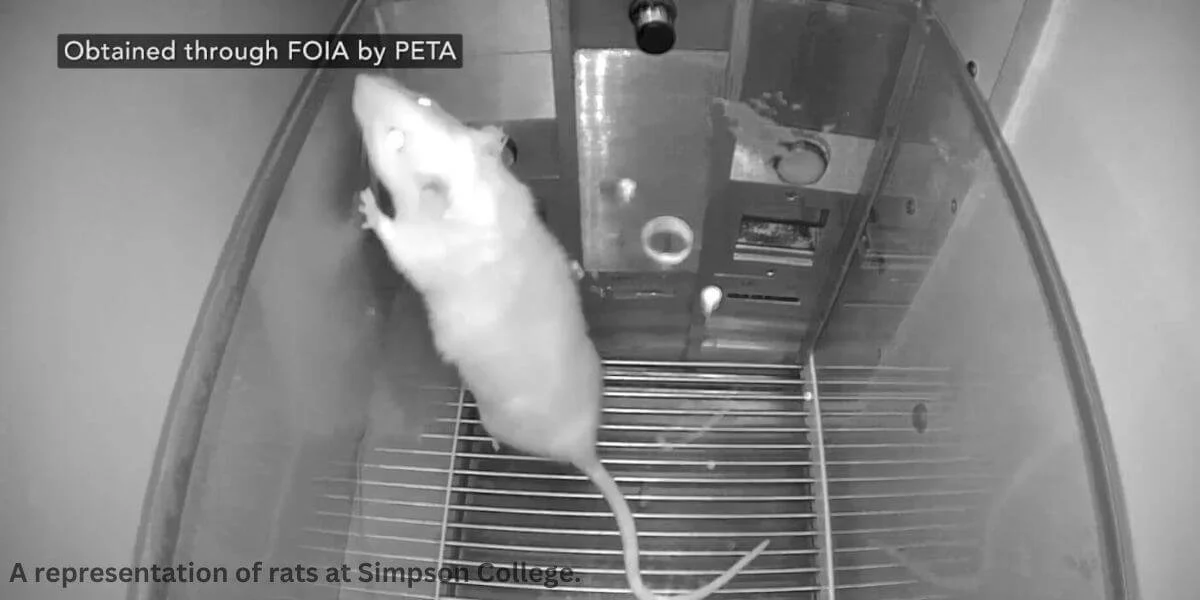Majority of science students strongly oppose use of animals in teaching labs, new study finds
New data reveals that most U.S. college students oppose animal dissection when humane, non-animal alternatives are available.
A significant majority of U.S. college students, 83 percent, say animals shouldn’t be used in teaching laboratories if they are killed afterward, especially when non-animal methods can teach the same material, according to a new survey.
The survey also found that 79 percent of students are concerned about the welfare of animals used in teaching laboratories.
Among science majors, 90 percent said animals should not be used, with 62 percent expressing this view strongly.
The survey interviewed a randomly selected, national sample of 1,043 undergraduate college students between August 8 to 10, 2025.
One question asked students to consider a hypothetical scenario of students being offered an animal laboratory as an optional experience, along with a nonanimal alternative. Although most students did not want to participate in animal testing, 20 percent stated they would do so anyway to avoid problems. Another 24 percent stated that they would be nervous asking for the alternative activity.
“The vast majority of college students don’t want to participate in deadly animal experiments in the classroom but feel subtly coerced because they are fearful of the consequences of not taking part,” says Dr. Neal Barnard, MD, president of the Physicians Committee for Responsible Medicine. “Colleges with old-fashioned animal labs put students in an awful position that many interpret as a choice between killing or flunking.”
This rat was used in a cruel experiment carried out in a psychology course at Utah State University that requires students to torment rats by locking them inside metal boxes, where they’re deprived of water and blasted with random bursts of bright light while being trained to push a lever to receive food pellets. Credit: PETA
The survey results come amid an ongoing lawsuit against fatal animal experiments at Macalester College in Saint Paul, Minnesota.
In psychology courses at Macalester, live animals are deprived of water for prolonged periods, then placed in “Skinner boxes,” where they have to work for water. Some experiments involve drugging animals and placing them in mazes.
All of the animals are killed at the end of the experiments. Harvard, Yale, Stanford, Princeton, and other leading universities stopped the Macalester-style fatal experiments long ago.
The new survey found that 76 percent of college students do not approve of the use of live animals in psychology classes when the animals are killed afterward and when there are alternative teaching methods.
The lawsuit against Macalester, brought by alumnus Dr. Barnard on June 3, calls on the college to stop needlessly killing animals in psychology classes’ “show and tell” exercises, citing the college’s posted ethics commitment. The psychology department has killed thousands of animals for more than 50 years.
Dr. Barnard and fellow freshmen student Clarke Gustafston spoke about their own experiences taking part in these experiments to the Star Tribune: “As a student in introductory psychology, one of us (Neal) was given a rat to be put into a metal “Skinner box.” If the rat pressed a bar, she got a drink, and the rat worked hard for her water reward.
“What the psychology students did not see is that, behind closed doors, I (Clark) was the work-study student who had to deprive the animals of water for prolonged periods so they would “perform.” I didn‘t like that job, especially because, when the experiments were done, I was assigned to drop the rats into a trash can, one on top of another, pour poison over the struggling animals and close the lid. Killing small animals was not what I’d signed up for, and I quit.”
Macalester’s website says that its “animal welfare standards and ethical principles are applied at the highest possible level in any animal use or research conducted at or in association with the college” that it follows the federal Animal Welfare Act, which incorporates ethical principles called the Three Rs—for the replacement, reduction, and refinement of animal use in research.
In its motion to dismiss the lawsuit, the college stated that its own ethics statements are mere “generic phrases”— known legally as “puffery.”
“Given that animals’ lives are at stake, Macalester’s brazen statement that it did not really mean its ethics policy is an affront to students, donors, the faculty, and the public,” Dr. Barnard said.
The lawsuit seeks, among other actions, an order compelling Macalester “to cease its use of animal laboratories in psychology instruction and in all other areas for which nonanimal methods are available.”
How can you help?
Read more about the alternatives to animal testing here, or listen to the Species Unite podcast episodes focused on different forms of animal testing here.
Please also send a letter to help end FDA-mandated animal testing here - it takes less than two minutes.
Everyday actions and choices also hold immense power. Buying cruelty-free products, whether it is cosmetics or household items, is crucial to ending animal testing. Always look for the Leaping Bunny symbol on your products to ensure it is cruelty-free.
We Have A Favor To Ask…
Species Unite amplifies well-researched solutions to some of the most abusive animal industries operating today.
At this crucial moment, with worldwide momentum for change building, it’s vital we share these animal-free solutions with the world - and we need your help.
We’re a nonprofit, and so to keep sharing these solutions, we’re relying on you - with your support, we can continue our essential work in growing a powerful community of animal advocates this year.





The potential transformation of the Oregon National Primate Research Center could offer freedom to thousands of monkeys used in biomedical research.